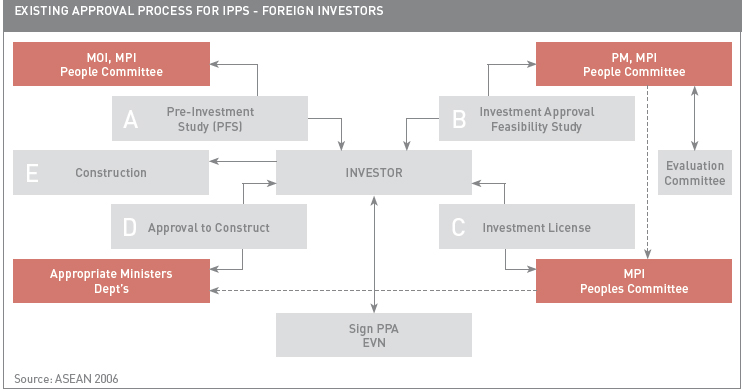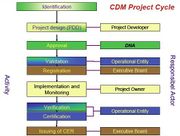Legal Aspects - Wind Energy
Overview
Land Lease Agreement
Usually a land lease agreement for 15 to 20 year is signed between the land owner and the wind energy producer. The lease sets out the conditions for building and operating the wind turbines and also states the payment to the land owner. The land owners can be compensated in four different ways namely[1]:
- one time lump sum payment
- fixed payment at scheduled intervals (i.e. a set amount per turbine per year)
- royalty payments based on gross revenues (i.e a certain percentage per year)
- combination of payment method (i.e. a either a minimum fixed payment or a royalty payment or a fixed
payment plus a royalty payment)
Permits
During the course of wind power installation, various permits have to be acquired at different phase of wind power development. Some of the permits are:
- permit for site visit, allowing as well to take measurements
- building permit/installation permit/zone permit
- environmental impact assessment (EIA)
- interconnection agreements
For more information about permits, see 'Permits for Wind Power Projects'
Privatization
Private investors have to go through various process to get approval to invest. The figure below shows the process that Independent Power Producers (IPPs) in Vietnam has to go through, before they can invest.
Market Regulation
Licensing / Concessions for Distributing Electricity
For licensing and permitting process in Pakistan, see Wind Energy in Pakistan.
Independent Power Supply / Self-Supply
Clean Development Mechanism (CDM)[2]
Under the kyoto Protocol, the industralized countries committed themeselves green house reduction target via three flexible mechanisms namely:'Emissions Trading (ET)'Joint Implementation (JI) and Clean Development Mechanism (CDM)
CDM is a project based mechanism where the Annex I countries invest in an emission-reducing projects in a Non- Annex I country and the carbon permits generated in Non - Annex I countries are used to meet the emission target of Annex I countries. The emission reductions - the so-called certified emission reductions (CERs)- can be gained from 2000 onward, and will be issued retrospectively as soon as the rules have been fixed and the Kyoto Protocol has come into force.
For more information see: Clean Development Mechanism (CDM) and Baseline-Assessments for Wind Energy Projects
Further Information
References
- ↑ Windustry,(2009).Wind Energy Easements and Leases: Compensation Packages. Available at:http://www.windustry.org/sites/windustry.org/files/Compensation-2009-07-06.pdf
- ↑ GTZ-CaPP 2004: Windenergie: Option für CDM in China. http://www.gtz.de/de/dokumente/de-windenergie-fachgespraeche-liptow-cdmchina-2005.pdf





















